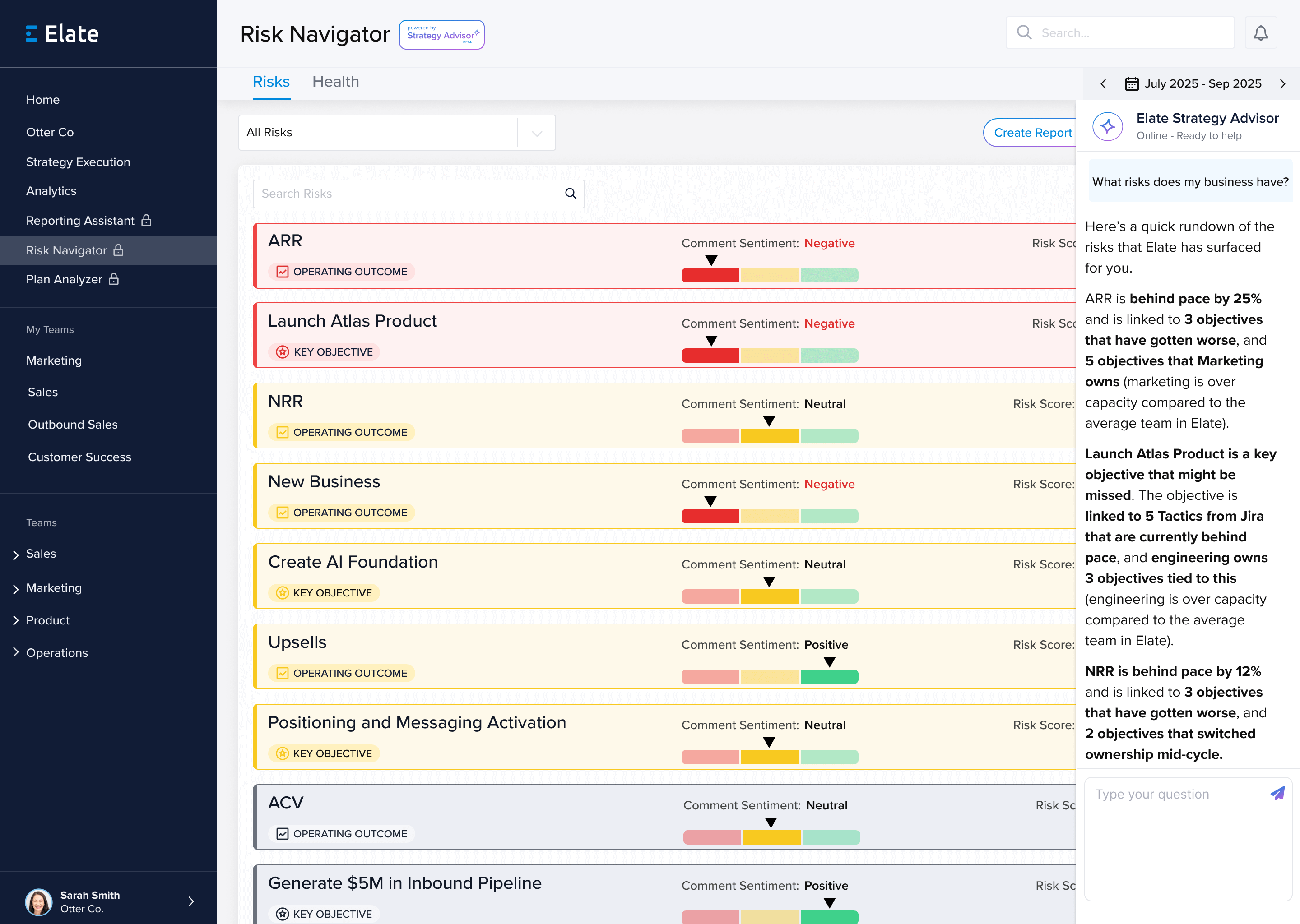Anyone with any experience in business today will know that technology has impacted just about every industry, enabling businesses to be more effective but also making competition stiffer. Therefore, it is important for savvy businesses to make sure that they are using technology to their advantage, since their competitors certainly are. Luckily, there are a variety of software programs that have been developed to make it easier for every business leader to meet the needs of their company using technology. When managers use the right technology to help them make business decisions, they are able to maintain an edge over their competition. Therefore, it is important to take a closer look at how technological solutions such as operations management software can help companies make better, faster decisions.
When it comes to operations management programs, any savvy business will want to make sure that they use the right type. As companies are looking for the best operations management software to meet their needs, though, it is also important to note that there is no one best solution. In reality, the right operations management software for a business will depend on the industry, the size of the company, and the specific needs it’s trying to meet. Given all of this, it is actually more important to focus on how operations management software can be helpful for business managers and leaders, rather than trying to find a nonexistent single “best” solution.
Overall, this type of software should be used to help businesses gather the data they need in order to make decisions regarding growth, target markets, and more. For example, companies might use this software to collect data on customer satisfaction, employee retention rates, profit margins, and the cost of customer acquisition. Companies might also use this software to collect information on marketing campaigns, from pay-per-click (PPC) campaigns to search engine optimization (SEO) campaigns. In either case, the software program can be used to identify trends, helping business leaders and other users, such as marketers, make informed decisions quickly.
Of course, there are many types of business operations software out there, so savvy businesses should put in the time to identify the specific software programs that will best meet their needs. Moreover, when it comes to business operations overall, there are a number of moving parts that will need to work together, from the marketing department to the sales department, the accounting department, and even the human resources (HR) department. Each of these departments, plus the ways in which they work together, can all benefit from effective operations management software.
Inventory Management Software
One of the biggest challenges that businesses today face involves inventory management. As more people order products online, many businesses are relying on warehouses to manage their inventory rather than keeping that inventory all on-site at a brick-and-mortar storefront. This allows businesses, especially those that operate mostly online, to meet the needs of their customers quickly, but on the other hand, an excess of inventory can lead to serious problems regarding cost, management, and more. This is where inventory management software can be helpful.
At first, many businesses start out with inventory management software options in Excel. However, even though Excel can be helpful in certain situations, such as when a small business is first opening and shipping orders, in the end it will always be better to find inventory management software small business options that have been tailored to meet their specific business needs.
Even for smaller companies, though, there are simple inventory management software options. These kinds of software programs are designed to help small businesses keep track of their inventory, fulfill orders, and identify whether inventory items might be ready to expire. For larger or more advanced companies, too, it might be worth looking into warehouse inventory management software, which is a more advanced tool that provides a wider array of features companies can use to stay on track. Regardless of the program that companies ultimately decide to use, though, it is important to make sure that the selected program can scale along with the company. That way, the company does not end up having to purchase an entirely new software program in the near future as their operations and/or shipping volumes increase.
Business Operations Software
When it comes to business operations software, the reality is that just about every department can benefit from this type of program. This is because business operations management software is critical for improving efficiency. For example, HR departments can use this type of software to automate employee onboarding and keep track of payroll issues, while accounting departments can use business operations software not only to keep track of the company's tax liabilities but also to monitor changes in the tax code. Meanwhile, marketing departments can use the same type of software program to track how their marketing campaigns are performing, since it is important to monitor lead generation, conversion rates, and the performance of pay-per-click (PPC) campaigns. In this way, adjustments can be made to make sure the company is getting the most out of its marketing investment.
Of course, supply chain management is another key department that can benefit from the data provided by operations management software programs. When these logistics-focused departments use this type of program appropriately, they make it significantly easier to keep track of all the moving parts. In this way, companies can make sure that their orders are being fulfilled on time and any issues with inventory are addressed as quickly as possible.
These are just a few of the most central ways that business operations management software can be helpful to a business and each of its various departments.
Operations Management Models
There are numerous proven business operations models that companies can use to set goals, define their strategies, and understand what is going on in their industry. In addition to the benefits described above, operations management models are critical for helping businesses respond to changes in their field.
For instance, when it comes to operations management examples, one popular model is procurement. This is the process of identifying, selecting, and managing suppliers. Procurement models are critical for businesses to make sure they manage their suppliers appropriately.
There are also supply chain models that many businesses might find helpful. As one of the largest and most important functions in operation management, supply chain models can be incredibly helpful for identifying and addressing issues in the business’s supply chain.
It is also critical to discuss customer service operations models. Such models address important questions such as: How are customer service calls handled? Where do they go? How are they rated and responded to? It is important for businesses to make sure their customer service processes are strong, since customer service will help determine their reputations and whether customers return for future purchases.
These are just a few of the largest and most visible examples when it comes to operations management models. Overall, it is important for companies to use these models appropriately, since they can play a major role in their overall success.
Operations Management Techniques
The goal of operations management solutions is to improve businesses’s daily operations. Therefore, regardless of the types of operations management that a company might be following, it is important to look at a few specific operations management techniques.
One of the biggest tenets that all companies should follow involves communication. Today, more employees are working remotely than ever before, so it is critical for everyone to stay in the loop in order for the company to act as one cohesive unit. This is just one of the many places where communication is critical. Operations management needs to have clearly defined channels of communication in order to make sure everyone is on the same page.
Furthermore, it is also important for companies to invest in their HR departments. This is crucial for identifying top talent, recruiting trained professionals, and maximizing employee retention. In addition, investing in HR will enable businesses to provide their employees with the resources they need to succeed, which in turn will help the companies themselves succeed as well.
Finally, it is also critical for companies to keep up with their competition. In order for companies to be able to compete in an increasingly saturated marketplace, they need to know what their competitors are doing and how they can address, counter, or copy those competitors’ successes. In larger companies especially, there should be a team dedicated to conducting competitor research and similar initiatives, all so that their businesses are able to respond to changes in the industry faster than their competition.
Operations Management System
When it comes to an operations management system, there is an entire ecosystem at work here, which includes managers, staff members, data, tools, and analytics, among other components. In order for companies to respond effectively, it is critical for all of these factors to work together. This is another place where an operations management system software can be helpful.
When companies use an operations management platform, the idea is to make more accurate decisions in a shorter period of time, thus increasing their flexibility and response time. The right platform should be able to provide the company with all of the data its leaders need in order to make decisions, all right at their fingertips. Ideally, such platforms will even be able to perform automated analyses of important datasets. In this way, marketing, finance, and accounting professionals will have more of their time freed up, allowing them to focus on more important tasks that can’t be automated the same way.
When looking for an operations management platform, it is important for businesses to consider the cost of the platform, the features it provides, and its ability to scale along with the company. As the needs of the company change, the platform they are using for operations management should be able to change along with them. This will reduce the amount of time that the company needs to spend training people on a new platform, as well as avoiding a second expensive software purchase.
Operations Management Tools
When it comes to operations software, it is important to consider operations management tools as well. The operational tools definition covers everything that companies use to improve their operations management system, but there are also a few commonly-used operations management tools. For example, many businesses use tools that keep customers updated on the status of their orders. There are also tools available for streamlining warehouse management and automating forecasting.
But even these are just a few of the many tools that businesses can use to improve their operations management systems. By focusing on operations management in one or more of these ways, businesses can automate certain processes that used to be handled manually. This in turn will make decisions quicker, more efficient, and more accurate, all at once. As a result, businesses that are able to appropriately leverage operations management tools will place themselves and their employees in the best position to be successful.











